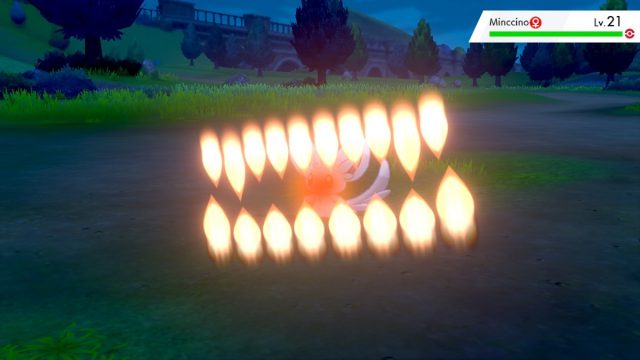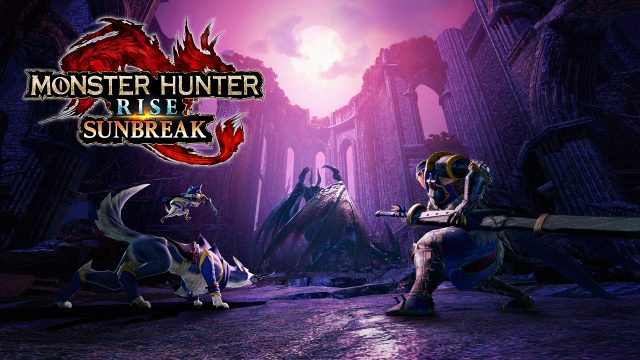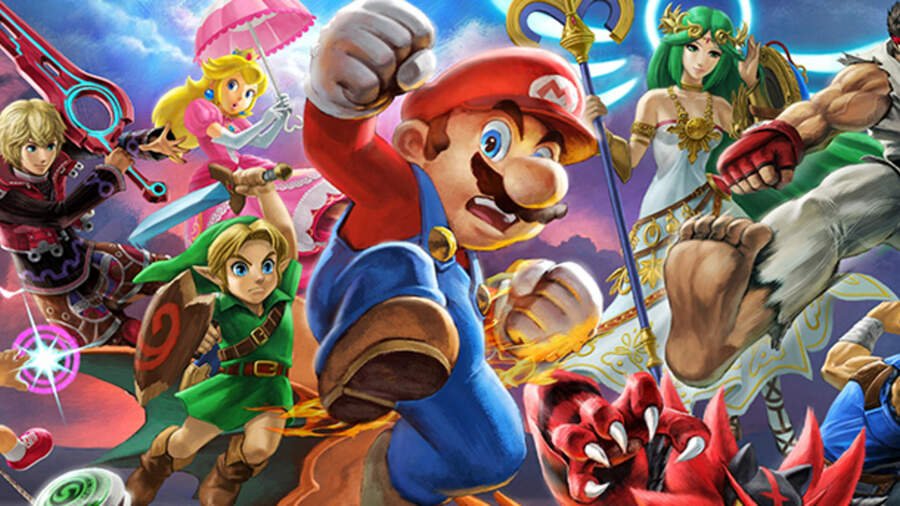
Bits & Bytes is a weekly column where Editor-in-Chief Robert shares his thoughts about video games and the industry on a lazy Sunday. Light reading for a day of rest, Bits & Bytes is short, to the point, and something to read with a nice drink.
Crunch is an industry term that refers to periods in game development where designers have their noses to the grindstone as they work to finish a project. It’s not a good thing, as crunch generally is denoted as a term for times when workers are largely mistreated. Extreme overtime, copious amounts of pressure, and nauseating levels of anxiety are some of the key hallmarks of crunch time. Crunch has gotten a lot of attention the past few years as stories of abuse have made their way to the attention of the public.
Leading the way in exposing crunch culture in contemporary game design has been the journalist Jason Schreier. Schreier has written articles, many for the website Kotaku, that have detailed the various ways in which crunch has impacted workers throughout the industry, both individually and as teams. Around the middle of last week I finished reading Schreier’s latest book, Press Reset, which goes into a lot of detail about multiple game development studios that have gone under or been shuttered. It struck me not just how much crunch was a prevalent aspect of the culture in these studios, but also how so many people could take on such huge workloads only to be rewarded with a pink slip for their efforts.
I’ll go into more detail about Press Reset later in the week, but in brief, the cycle of studios working their collective butts off and either doing a good job or, minimally, doing the job that the corporate bean counters asked them to do, and then being closed down almost immediately afterwards, is alarming. As I read the book, it was distressing how frequent this circumstance seems to occur. Thinking of the ubiquity of crunch, it also struck me that the studios that do keep the lights on after a project goes “gold” remain in a pretty gnarly system that oscillates between well-paying and stressful to providing a pittance of a salary and being mentally debilitating.
Journalist Jason Schreier.
It’s a problem that a lot of people who work within the industry are thinking about, but if Schreier’s book is anything to go off of, a solution is not soon forthcoming. As I try to wrestle with the dilemma myself, I can’t say I’m any closer to one, either. Crunch sucks. Game devs being out of a job regardless of how successful or talented they are sucks even more. A point that keeps popping into my head now and while I was reading Press Reset is all of the talk about diversification that came from within the industry last summer. After the period of civil unrest that erupted following the death of George Floyd, industry mouthpieces were tasked with declaring how more minority hires were on the docket.
While seeing more diverse faces anywhere is a good thing, I do wonder—as companies like EA, Activision, 2K, and others make efforts to diversify their workforces, where do crunch and mass layoffs fit in? What’s the point of going to college for a specialized education in coding or software engineering only to be hired to work unreasonable hours and then, ultimately, be fired, even if the game sells well and the company sees huge profits? It’s clear that the upper echelons of AAA outfits like EA are largely immune to the layoffs that impact lower level employees, so that means when jobs need to be cut it’s going to continue to be focused on the very people that the industry claims it wants to hire more of.
I don’t know that the future is going to see much change, but if nothing else I hope that crunch continues to be exposed and combatted. I love video games, but there are so many to play that I don’t mind waiting another year or two for new software if it means designers can have 40-hour work weeks and proper weekends. I’m no opponent of capitalism and free markets, but it’s evident that the corporate structures in which so many game studios are entrenched are absolutely failing designers all over the world. It can’t just be about appeasing shareholders with nonsensical and unreasonable demands for growth.
The post Bits & Bytes: Crunch appeared first on Nintendojo.


